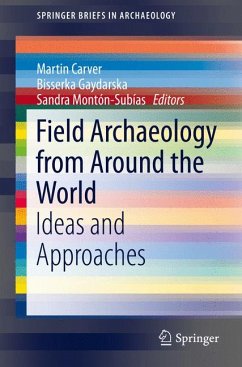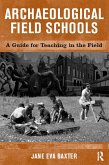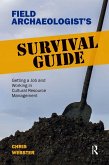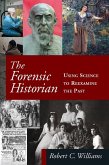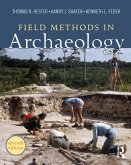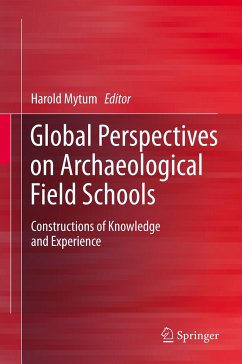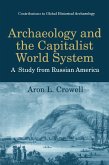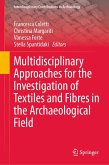Part 1 offers a summary of field procedures.
Part 2 reviews the principal methods applied, above and below ground, and how the results are analysed.
Part 3 illustrates the huge variety confronted by field workers with a series of exemplary commercial and academic projects enacted in downland, jungle, desert, permafrost, road schemes and towns. Approaches also differ according to the traditional methodologies that have evolved in particular countries.
In Part 4 we give examples of some the strongest and oldest of those practised on four continents. ¿
Dieser Download kann aus rechtlichen Gründen nur mit Rechnungsadresse in A, B, BG, CY, CZ, D, DK, EW, E, FIN, F, GR, HR, H, IRL, I, LT, L, LR, M, NL, PL, P, R, S, SLO, SK ausgeliefert werden.

